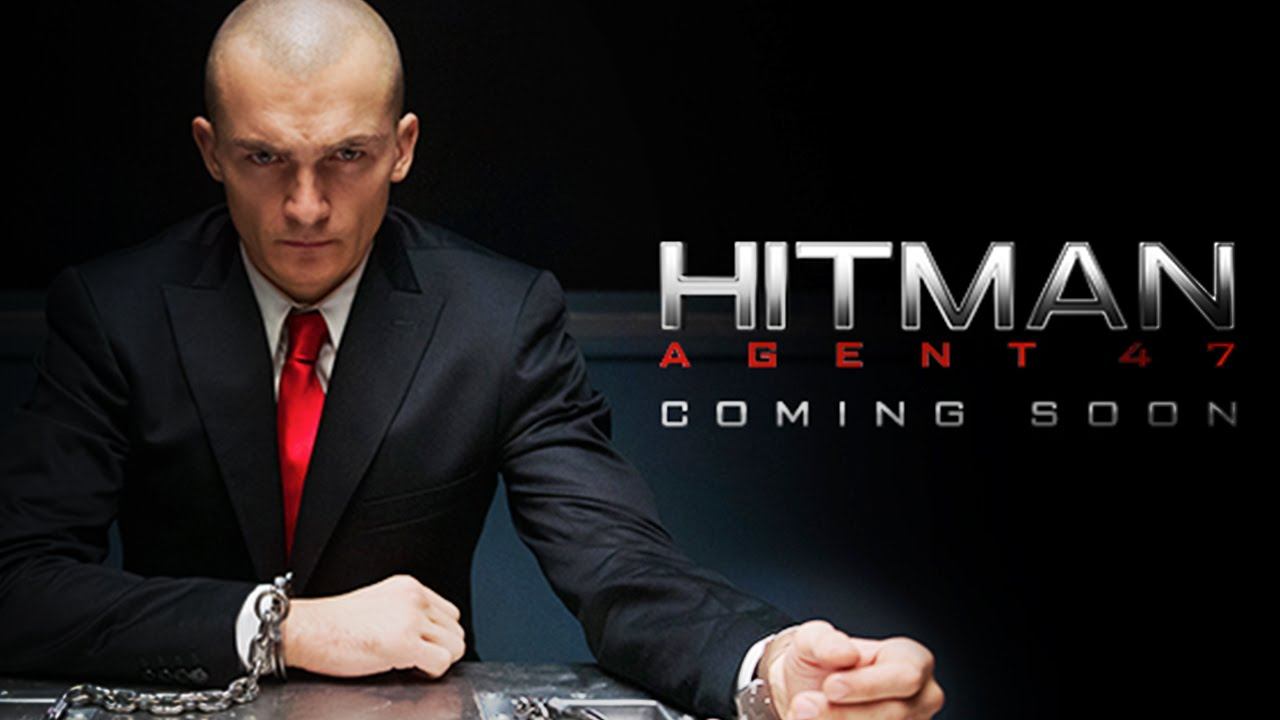“Hitman: Agent 47” (2015)

“Hitman: Agent 47,” directed by Aleksander Bach, is a 2015 action-thriller film that serves as a reboot of the 2007 film “Hitman,” which was itself based on the popular video game series developed by IO Interactive. With Rupert Friend stepping into the role of the titular character, Agent 47, the film aims to deliver a fresh perspective on the enigmatic and highly skilled assassin while maintaining the core elements that define the franchise. This essay provides an in-depth analysis of the film, focusing on its plot, themes, character development, visual style, and reception.
The narrative of “Hitman: Agent 47” revolves around the titular character, Agent 47 (Rupert Friend), a genetically engineered assassin known for his precision, intelligence, and lethal skills. The film’s plot kicks off with a high-stakes mission involving a powerful corporation, Syndicate International, which is on the verge of discovering the identities of other genetically enhanced operatives like Agent 47. The corporation’s interests include harnessing the abilities of these operatives for its own gain.
Agent 47 is tasked with eliminating key figures who pose a threat to the secrecy of the assassination program. His mission leads him to Katia van Dees (Hannah Ware), a woman with a significant connection to the program’s origins. Katia is being pursued by both Agent 47 and Syndicate International, making her a pivotal figure in the unfolding conflict. As Agent 47 navigates a complex web of deceit and danger, he uncovers deeper layers of conspiracy and betrayal that challenge his understanding of his own existence and purpose.

The film culminates in a series of action-packed sequences and confrontations, including a dramatic showdown with Syndicate International and a revelation about Agent 47’s past and the true nature of his mission. The plot blends espionage, action, and psychological intrigue, with a focus on the personal stakes for both Agent 47 and Katia.
“Hitman: Agent 47” explores several significant themes, including identity, power, and the ethics of genetic manipulation. The theme of identity is central to the film, as Agent 47 grapples with the implications of being a genetically engineered assassin. His quest for purpose and understanding of his own humanity is a driving force in the narrative. The film delves into the psychological aspects of Agent 47’s character, highlighting his internal conflict and the search for meaning beyond his programmed existence.
The theme of power is also prominent, particularly in relation to Syndicate International’s ambitions. The corporation’s pursuit of control over the genetically enhanced operatives underscores a broader commentary on the misuse of scientific advancements for personal gain. The film critiques the ethical boundaries of genetic manipulation and the consequences of wielding such power without regard for humanity.

Character development in “Hitman: Agent 47” is somewhat nuanced, with Agent 47’s journey serving as the focal point. Rupert Friend’s portrayal of the character brings a sense of depth and complexity to the role, depicting Agent 47 as a formidable yet introspective figure. Katia van Dees, played by Hannah Ware, offers a contrasting perspective, with her character’s personal stakes and connections to the program providing a humanizing element to the story.
The visual style of “Hitman: Agent 47” reflects the modern action-thriller genre, characterized by sleek cinematography and dynamic action sequences. The film’s aesthetic is marked by its use of high-tech settings, sharp color contrasts, and a dark, moody atmosphere that enhances the tension and drama.
The action sequences are a highlight of the film, with well-choreographed combat scenes and elaborate set pieces. The use of both practical effects and CGI contributes to the film’s intense and immersive experience. The visual style supports the film’s narrative by creating a visually engaging and fast-paced environment that complements the high-stakes action and espionage elements.

Upon its release, “Hitman: Agent 47” received mixed to average reviews from critics. While some praised the film for its action sequences and Rupert Friend’s performance as Agent 47, others criticized it for its formulaic plot and lack of depth in character development. The film’s adherence to genre conventions and its reliance on action over storytelling were points of contention among reviewers.
Despite the mixed critical reception, the film was noted for its visual appeal and entertainment value. Fans of the “Hitman” franchise appreciated the film’s attempt to reboot the series and its faithful representation of the titular character. However, it did not achieve significant box office success, reflecting its niche appeal and the challenges of adapting a video game franchise to the big screen.
“Hitman: Agent 47” is a visually striking and action-packed entry in the action-thriller genre, offering a modern take on the iconic video game character. Its exploration of themes related to identity and power, combined with its high-energy action sequences, creates an engaging, if somewhat conventional, cinematic experience. While the film received mixed reviews, it succeeds in delivering an entertaining portrayal of Agent 47 and his world, making it a noteworthy addition to the franchise. For fans of the “Hitman” series and action-thriller enthusiasts, “Hitman: Agent 47” provides a compelling, if not groundbreaking, adaptation of the beloved character.











